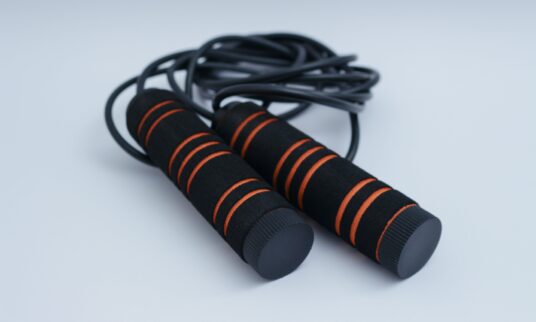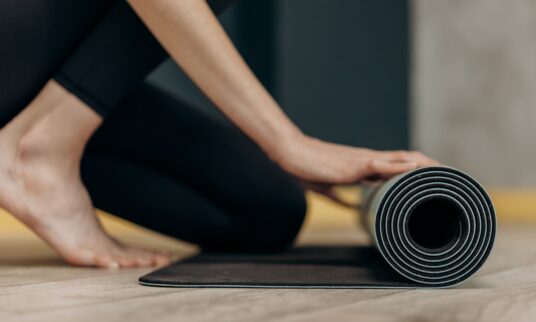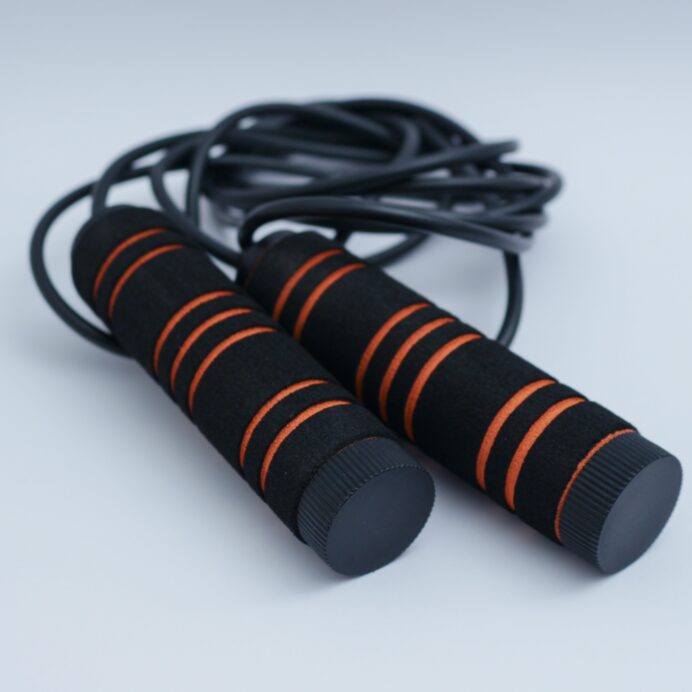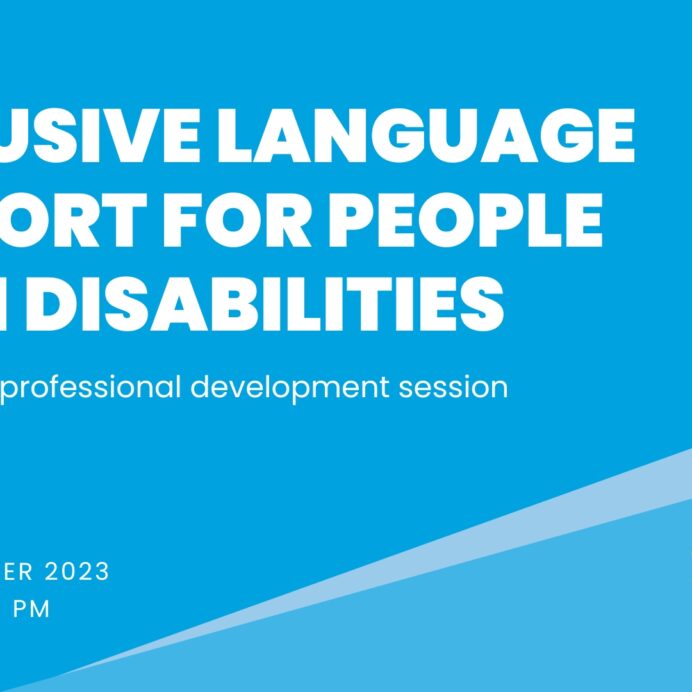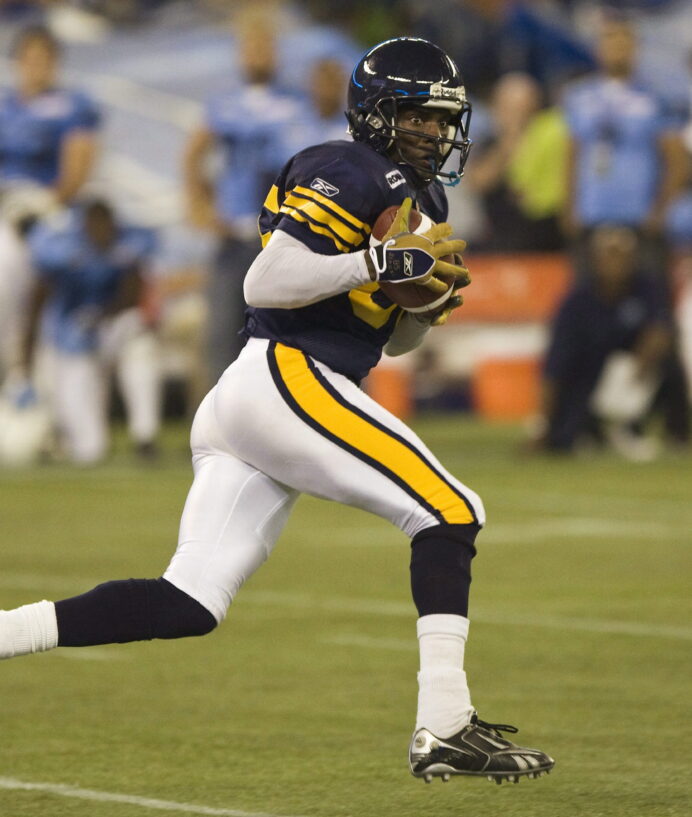By Sam Cortes, Communications Coordinator

16-year-old judo athlete Dylan Tully said becoming a referee has helped him improve his competition skills through giving him a deeper understanding of the sport.
The Canada Games alum got started in judo at just eight years old, and by age 11, he started refereeing as a way of showing his gratitude.
“I love giving back to the sport. I always found that judo had a big impact in my life. It made me into the person I am today. I found I’m more self confident about who I am. So I love to give that opportunity for the kids coming up and adults as well, that opportunity to grow in those skills, too,” said Dylan. “And I think judo is fun!”
Getting His Start
“I’ve always had a keen eye for the rules and I’ve always loved judo,” said Dylan.
Putting those two things together, Dylan dove into the role starting with refereeing younger kids, and now refereeing people his age and older of all categories.
While it’s a lot of fun to referee, it’s also a time commitment, and Dylan is dedicated to continuously learning and evolving with the sport.
“In judo, the rules are always changing. I’m always trying to keep up with the new rules and new terms, new calls. So I think that’s something that’s a bit of a learning curve.”
He consistently studies the new rules online, but there’s another crucial way to learn — that is, firsthand guidance from the experienced officials around him.
Mentorship & Recruitment
“I also watch all the local referees and how they ref. I pick out the best points of how they do it, and I apply it to my own refereeing,” said Dylan.
Dylan understands this is a key piece about recruiting and training new officials in order to develop a strong community of officials in Manitoba.
Some of his mentors include his previous coach, Brian Case, who is also a referee, and current provincial team coach, Airton Nakamura. Dylan hopes he can be that reliable figure for other new officials, too.
“I think it’s important to have a mentor, someone you can depend on, [someone] you can [talk to] whenever you have questions. And I also want people to look up to me as a mentor. I think that’s really important to have.”
No Ref No Game
Dylan thinks the #NoRefNoGame campaign sparks an important conversation and awareness in the province.
“I think it’s important to keep the respect for officials. I think it encourages new officials to come forward. If you love the sport, I think you should be giving back to it. I think one of the ways you can give back to the sport is refereeing, coaching, [and so on] – I chose refereeing.”
As a result, he believes it’s an invaluable way to learn and experience a positive, lasting impact in your life through sport.
“You can grow in the knowledge of your sport, and you can grow overall as a person.”
To learn more about the No Ref No Game campaign, visit our website and follow the #NoRefNoGame campaign on Instagram, Facebook and Twitter.
